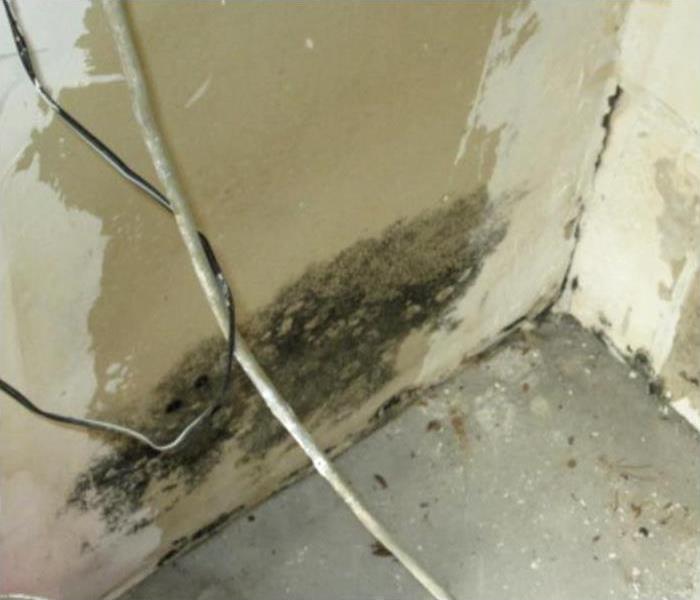What To Know About Mold and Your Insurance
5/24/2019 (Permalink)
What To Know About Mold and Your Insurance
For an apartment in Rio Verde, AZ, having rental insurance is an important aspect of being a responsible tenant. When you select your policy, you may be wondering what your coverage includes. One of the things to inquire about is what the policy says about mold damage. Fortunately, many policies have some similarities depending on the following questions.
1. What is the Mold Cause
The first thing to consider is what is the cause of the mold. If it's the results of a natural disaster such as flooding, occurs after fire suppression efforts, or from an accident such as a pipe leak you may be in luck. If the mold is a result negligence on your part then it may not fall under your policy. If you think you may have mold, or water damage that could lead to mold, it's best to take care of the problem as quickly as you possibly can.
2. Should You Reasonably Have Known
Your rental insurance agent may also look at if you should reasonably have known about the problem. In an obvious place such as under a windowsill they may expect you to catch it. Other areas such as beneath the floorboards or between a wall may mean normal reasonable effort would not have found it. It's also important to note that in some cases mold damage may fall under your landlord's realm of responsibility.
3. Did You Try to Mitigate
Your insurance agent may also look at if you've done everything you can in good faith to mitigate the damage. This may include informing maintenance as soon as you knew about it, taking care of any leaks, and even contacting a professional remediation service for mold removal.
When it comes to your rental insurance policy it's best to talk to your agent about what exactly it contains. But most cases, if you've done everything you can in good faith to mitigate the damage as soon as you knew about it, you should be covered up to a certain amount. Remember, when in doubt it's always best take care of the problem as quickly as possible.






 24/7 Emergency Service
24/7 Emergency Service
